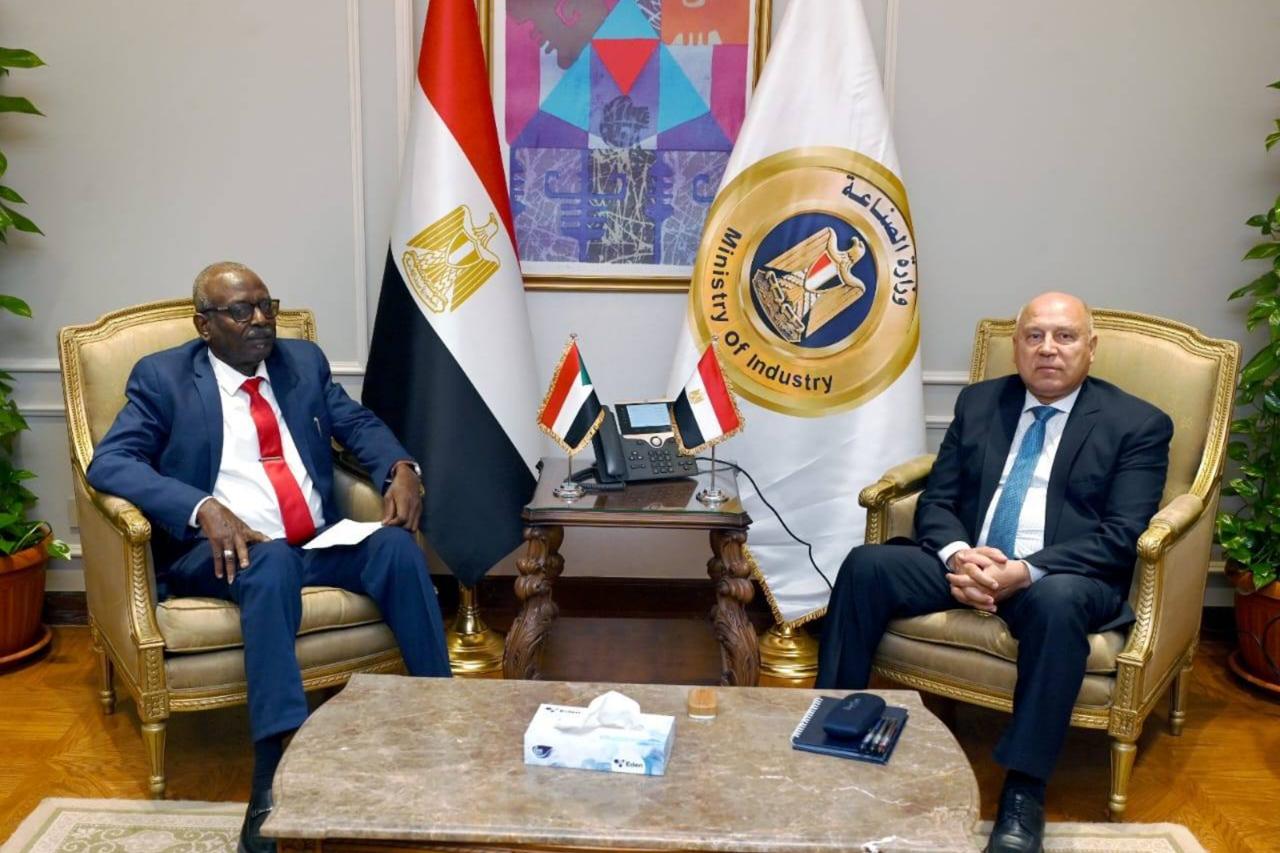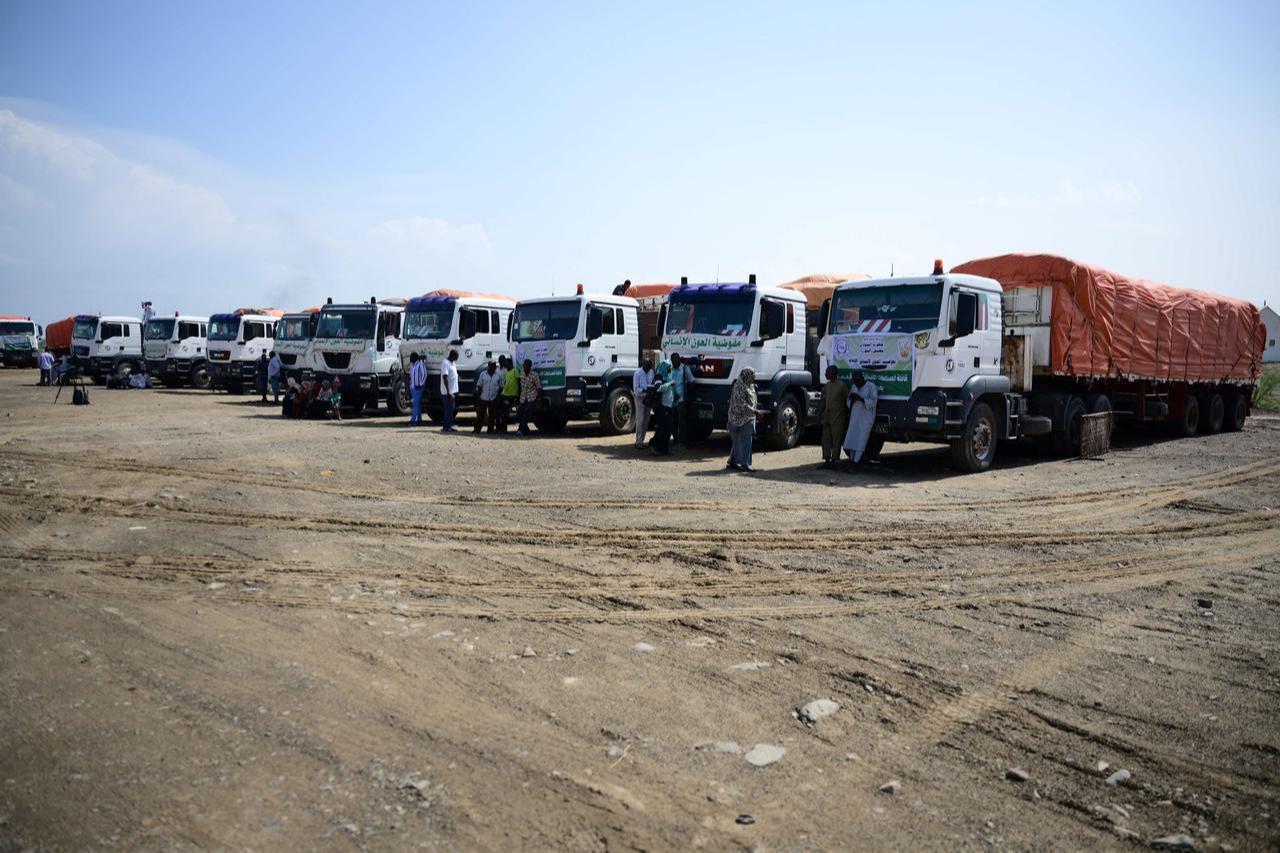
Egypt and Sudan have reached an agreement to enhance bilateral cooperation in rebuilding Sudan’s infrastructure, particularly focusing on the restoration of key transport links damaged by the ongoing conflict.
A recent meeting between Egypt's Minister of Transport Kamel al-Wazir and Sudan’s Minister of Infrastructure and Transport Saif al-Nasr al-Tijani in Cairo marked a pivotal step in the partnership between the two nations.
During the talks, the two ministers outlined a roadmap for Egypt’s national companies to assist in repairing Sudanese bridges, which have sustained severe damage in the wake of internal conflicts that began in April 2023. These conflicts between Sudan’s army and the Rapid Support Forces (RSF) have led to significant loss of life and displaced millions, while also leaving the country’s infrastructure in ruins.
The agreement primarily covers the maintenance of bridges such as Shambat, al-Halfaya, and al-Mak Nimir, among others. Egypt's Ministry of Transport has committed to sending specialized teams to assess and carry out the necessary repairs. Additionally, Egyptian experts will train Sudanese personnel in modern bridge maintenance techniques at the Regional Nile Transport Institute.

Beyond infrastructure repair, the ministers also discussed improving transportation efficiency between Egypt and Sudan. One of the key issues addressed was the congestion at the Ras Hadarba crossing point in eastern Sudan, a major bottleneck for trucks traveling to Egypt. Both sides agreed to take urgent measures to expand terminal areas and increase the number of empty trucks moving from Sudan, thus facilitating smoother and faster cargo flow.
The technical committee established to support the project will continue to work on optimizing the transportation network in both countries.
The conflict in Sudan, which began in April 2023, erupted between forces loyal to General Abdel Fattah al-Burhan, head of the Sudanese Armed Forces (SAF), and his former deputy, General Mohammed Hamdan Daglo, leader of the RSF. Tensions had been rising since the 2021 military coup, which deposed Sudan's transitional government, and reached a breaking point over disagreements about integrating the RSF into the national military.
The fighting quickly escalated, with both sides vying for control of key territories, especially in the capital, Khartoum, and other regions like Darfur. The conflict has resulted in tens of thousands of deaths and the displacement of millions, making it one of the largest humanitarian crises in the world today. Infrastructure, including bridges and hospitals, has been heavily damaged, and food insecurity has reached alarming levels.